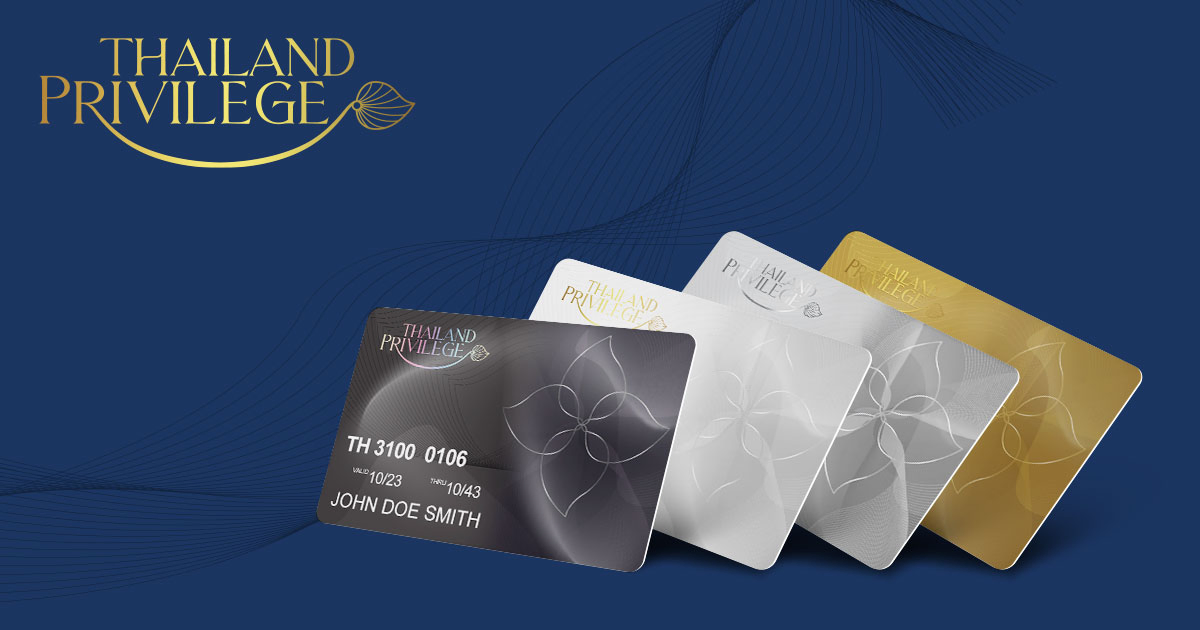Personal Injury Claims in Thailand are governed by the conflict laws under Section 15. This section stipulates that where a person willfully or negligently causes injury to another’s life, body, health, liberty, property or rights he is bound to make compensation.
The courts seek to place claimants back in the position they would be had the injury not occurred. This usually involves awarding expenses and damages for lost income, present and future.
Statute of Limitations
During their travels in Thailand many foreign tourists become victims of accidents caused by negligence and are unable to be fully compensated for their losses by the insurance companies. In this case, they may consider a personal injury claim against the tortfeasor.
According to Thai law, the statute of limitation for a civil action in relation to personal injuries is one year, so if you were injured or made ill due to someone else’s actions you should contact a solicitor as soon as possible. This is especially important because evidence may disappear with time.
Compensation for personal injuries in Thailand is determined by the courts and based on various factors including tangible and intangible damages. A lawyer will help you define the extent of your damages and will determine whether you have a viable legal claim. For example, in many common law countries, compensation for emotional distress and other intangible damages can reach astronomical levels but in Thailand the court is more restrained when awarding such claims.
Limitations on Damages
Under Thai law, damages are determined by the courts based on the severity of the wrongful act. Generally, courts will award compensation for tangible losses such as expenses for medical treatment, loss of income, and diminished capacity to work in the future. Other items such as pain and suffering and emotional distress are not awarded as often as in common law jurisdictions.
If the victim has lost a loved one in an accident caused by the tortfeasor, the court may also award monetary compensation on behalf of that person. The amount of that compensation depends on whether the deceased was financially dependent on the victim and the evidence provided by the victim to prove this.
Having the right Thailand lawyer representing you in a civil law medical malpractice trial increases your chances of receiving more than is the norm for such cases. Moreover, having the right firm to represent you in your case ensures that you are not rushed into signing something without knowing the implications of it.
Requirements to File a Claim
For example, a claimant who has suffered from a severe injury such as a spinal cord injury would likely be entitled to significant compensation. However, the exact amount awarded will depend on many different factors including, medical reports, evidence of financial loss such as lost earnings and future earnings potential and witness testimony.
Generally, a court will seek to place the injured party in as close to the position they were in before the injury occurred. This includes paying for all medical costs and damages for lost earnings. For this reason, compensation for intangible losses such as pain and suffering may be more restrained in Thailand than in some other jurisdictions.
As a general rule, a person who wishes to file a personal injury lawsuit in Thailand must physically appear at the court hearings in person. This is true even if the plaintiff is not a resident of Thailand. However, it is possible to sign a power of attorney to have a lawyer represent the foreign plaintiff in court.
Requirements to Appear in Court
A foreigner who is a victim of a personal injury in Thailand and who does not reside in the country may still be able to file a claim by signing a power of attorney for a lawyer to do so on their behalf. However, it is typically necessary for the injured party to be present in court on at least one occasion to provide testimony in person.
The Thai Civil and Commercial Code states that a person who wilfully or negligently unlawfully injures the life, body, health, liberty, property, or any other right of another is bound to make compensation. Compensation is decided by the court and varies based on the elements of the case.
As in many common law jurisdictions, the courts in Thailand award compensation for tangible losses. They also award for various intangible factors such as pain and suffering and disfigurement. These awards are generally less generous than those granted in the West.








0 thoughts on “Personal Injury Claims in Thailand”